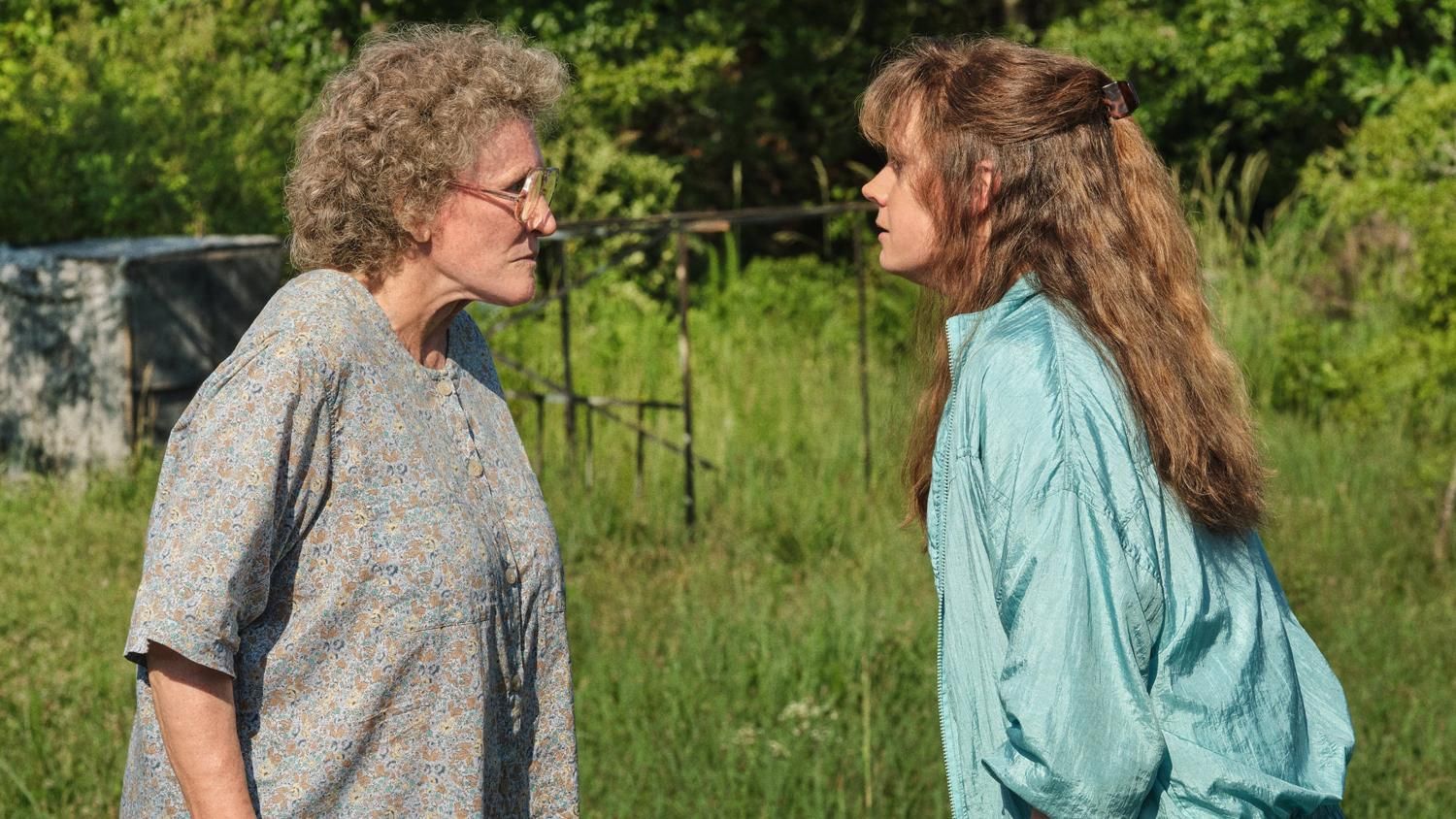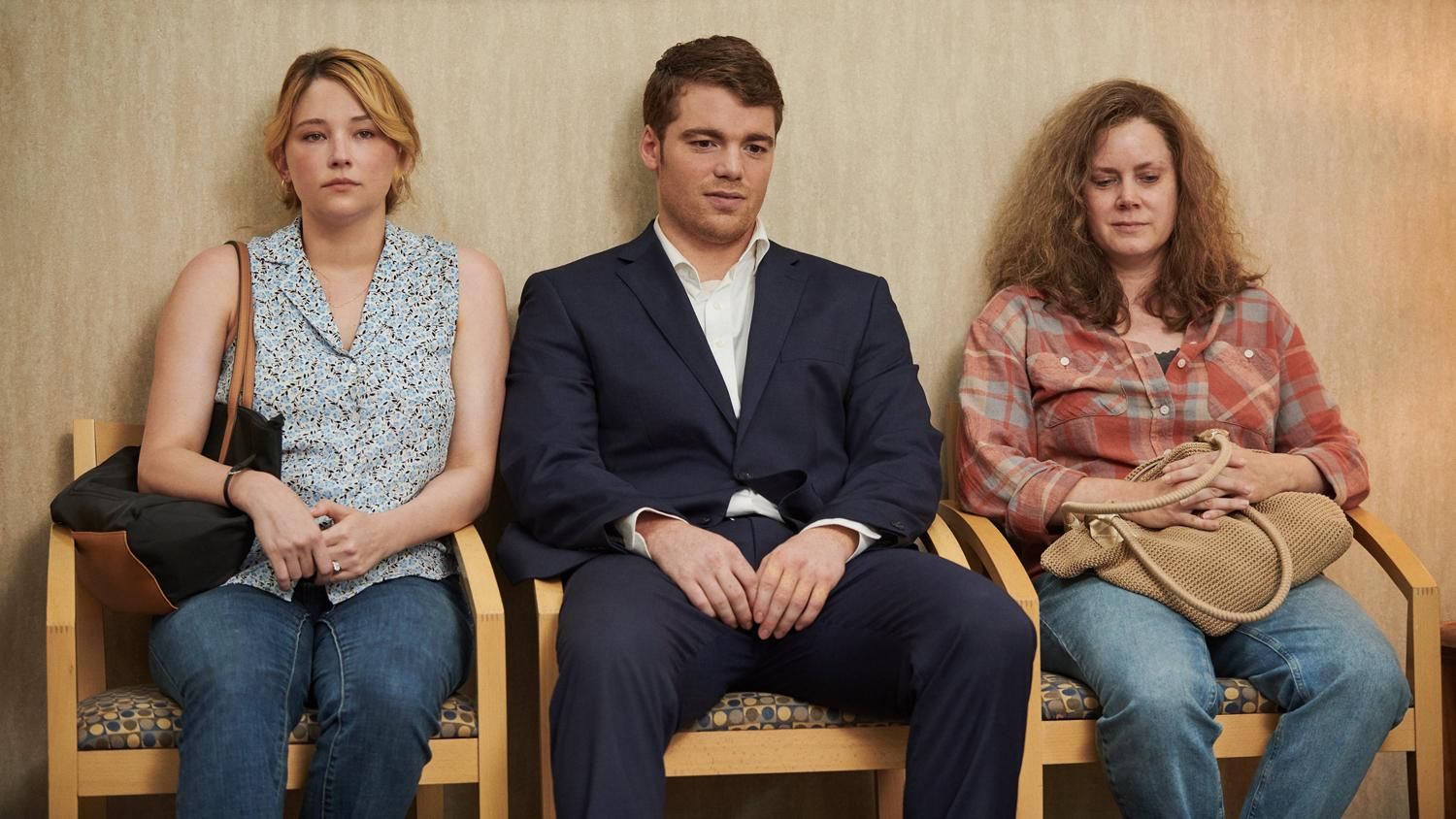
Hillbilly Elegy Review Movie
Hillbilly Elegy Review
Law student J.D. Vance (Gabriel Basso) is at a dinner for a law firm in his finest suit and attempting to distinguish how to distinguish between the two, when his phone rings. It's the sister of his (Haley Bennett) and she tells him in a loud voice that "she's drinking again… heroin". A flashback , and he's a teenager who is in the mother's (Amy Adams) hand as she weeps in her bed.
It's clear by way of flashbacks and long narrationis actually a tale about cycles of what's repeated and played out repeatedly, over the generations. It's about breaking the cycles and the work it takes to break them.
It's a familiar story, originally written in J.D. Vance's 2016 bestseller memoir -an account which for some revealed an honest account of people of the American middle class of whites, while for others it offered easy narratives of escape, poverty and redemption.

The problem extends to the screen adaptation. The necessary elements are there and in order such as abuse, addiction and neglect, a missing father A town in the rust belt of Ohio in which "something wasn't there, perhaps hope" and a young man who hopes for a better life.
The head of the family The head of the family is J.D.'s grandma Mamaw (Glenn Close) who fled home after being "knocked down" at the age of 13. The child she had was later addicted Bev, J.D.'s mother, who had her son at the age of 18. Both women have been transformed physically by a remarkable prosthetic (and the home videos shown during the film's final demonstrate that the likeness has been attained). When it comes to performances the film isn't afraid to show that neither Close or Adams shy away from revealing the ugly appearance of the women, no matter how shocking.
"I wouldn't be spitting on her back when her stomach were burning," says Mamaw in an uplifting moment regarding her nemesis. Bev is brash, foul-mouthed with a violent streak of her own (in one flashback, she ignites the fire of her husband who was drunk). Bev is a bit more cruel, sour and selfish — even when she's not giving up her children to meet the needs of her new partner, she's attacking her children.
Through it all, this is an unscripted story and with dialog that is the basis of motivational Instagram posts.
The adherence to the unpalatable truth could be a sign of authenticity however, that's not the way it is being delivered. The woman who is not in focus or is acknowledged by them or us. They are rough hewn, razor-sharp, painful edges are all they have. They do not have motivation, nuance, or any feeling of internal conflict that could transform them into alive and bloody.
We witness them fail as mothers, as wives, girlfriends and wives, yet we don't ever see them, not even privately even for a second, as women. There's no need to make them more sympathetic (and Close does have softer moments to take on) It's a desire for them to feel authentic. The film doesn't does.
It's a condition that affects every aspect of life. In stark detail, we learn about J.D.'s traumatizing childhood memories (and Owen Asztalos is compelling as J.D.'s younger J.D. ) Trauma that probably caused him to be complex or troubled in his life as a young man and yet none of that is reflected in his character -the character of J.D. remains flat, lacking the definition or even any complexity.
A flash of rage suggests the legacy that is passed down through families that are traumatized however, it's not fully examined. A greater effort is put into reveal the specific shame the poorest of families endure but the message is turned into a cliché in an episode where J.D. does not know what wine to choose or what cutlery to use.
In all of it the entire story, it's which is generally told, and with dialogue that's commonplace in motivational Instagram posts and embroidered wall hangings: "My family's not perfect however, they have helped me become who I am today" or "The only thing that matters to me is my family."
There's a sense that the movie is determined to follow a conventional survivor's narrative, including third-act redemption that it has discarded everything that came before. The complexities, complications, and challenges are reduced to clichés and tropes, making the entire story in a false tone.
There isn't a thing that is left unspoken — everything is explained either in dialogue or narration. It is poorly reinforced, when action could have served the purpose flawlessly. J.D.s wife Usha (Freida Pinto) is apparent only to be at the recipient of explanation and exposition (and my word it is Pinto severely underserved).
This film, with the finest of Hollywood talent it might have made a movie that said more. The epidemic of opioids in America as well as the lasting effect of poverty, the profound intergenerational consequences of trauma. It could have shared its story with passion and weight and humanity. It could have left a result.

